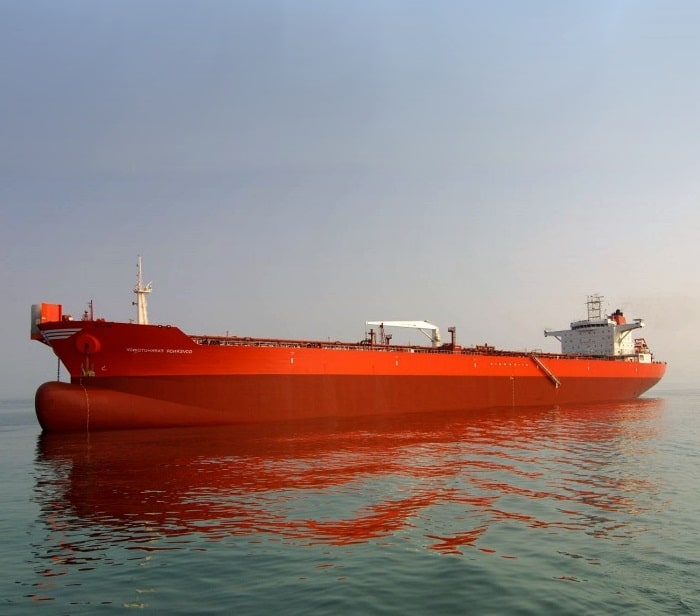Ship Recycling Activity Picking Up Pace
India Leads Ship Recycling Amid Global Challenges

The ship recycling market is experiencing a mixed bag of activity, with India emerging as a leader in the sector. According to Best Oasis, a prominent cash buyer of ships, India is benefiting from positive buyer sentiment and proactive purchasing. Meanwhile, Bangladesh and Pakistan are facing challenges that have dampened their market activity. The global landscape remains tight, with scrap supply shortages and fluctuating steel production impacting the industry.
Regional Insights: India, Bangladesh, and Pakistan
India continues to dominate the ship recycling market in South Asia, showing a steady increase in activity. The country’s positive buyer sentiment is fueled by a strong appetite for available tonnage, which is expected to sustain its lead in the region. In contrast, Bangladesh has seen limited demand due to challenges with letter of credit (LC) issues and declining scrap prices, which have negatively affected overall interest. Similarly, Pakistan’s market remains muted, hindered by operational constraints at recycling yards and stable pricing that restricts movement.
In Türkiye, market conditions are subdued, primarily due to holiday periods affecting buyer interest. However, there are signs of gradual improvement, with reports of more tonnage being fixed. Despite these developments, the overall sentiment remains cautious. The global ship recycling market is facing tight scrap supply, leading to shortages in major recycling destinations. As a result, prices are anticipated to rise in the coming weeks, which could bolster sentiment across various regions.
Global Trends and Economic Factors
On a global scale, the ship recycling market is characterized by stability in headline prices, but underlying caution persists among market participants. Seasonal slowdowns and broader economic uncertainties have contributed to muted activity across many regions. According to Intermodal, India stands out as a bright spot, maintaining momentum in vessel recycling despite a lack of corresponding improvement in local steel demand. The country’s recent credit rating upgrade and expectations of steady economic growth have further enhanced buyer confidence.
In contrast, Bangladesh continues to struggle with limited buyer interest, particularly for larger vessels. Political uncertainty in Pakistan remains a significant barrier, as the country operates under an interim administration until national elections in 2026. This uncertainty has led to a cautious approach among recyclers. Although there has been a slight improvement in Pakistan’s sovereign credit outlook due to external financial support, the overall market conditions remain fragile. Similarly, Türkiye faces challenges with currency depreciation and stock market weakness, which continue to dampen local confidence and hinder recovery prospects.
